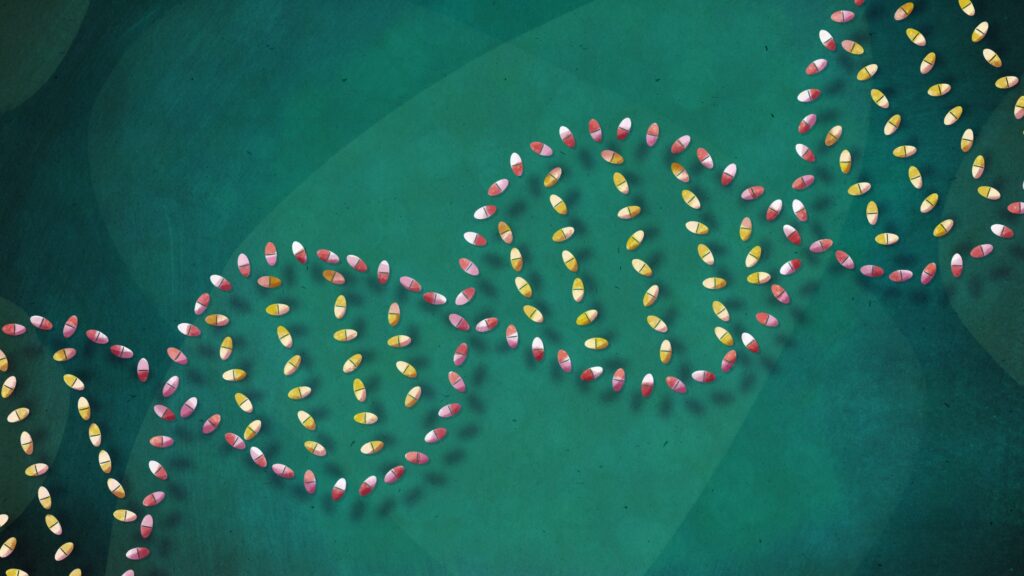In the next 24 hours, more than 130 people will die from opioid-related drug overdoses. That will happen again tomorrow and the next day. Each year, the U.S. is losing roughly 110,000 people to these deaths of addiction, mostly from illicit opioids like heroin and fentanyl.
Under pressure to help combat this public health crisis, the Food and Drug Administration has begun taking steps intended to reduce overdoses and opioid use disorder. Last year, it approved selling the overdose-reversing naloxone nasal spray without a prescription, and in December, the agency approved a DNA test to help guide physicians’ opioid-prescribing decisions. Called AvertD, it uses a cheek swab and a computer algorithm to predict an individual’s genetic risk of opioid addiction.
advertisement
But this week, as the test maker, SOLVD Health, prepares to roll it out, prominent geneticists, public health researchers, and experts in addiction and device regulation are calling on the FDA to reverse itself and take AvertD off the market, saying that the test lacks a firm scientific foundation. They also are imploring the Centers for Medicaid and Medicare Services not to pay for a test that they say doesn’t work.
Get unlimited access to award-winning journalism and exclusive events.

